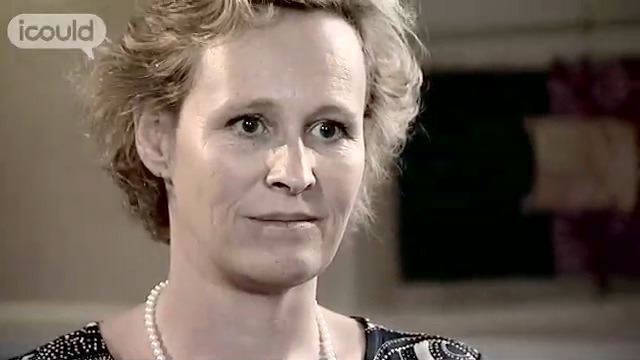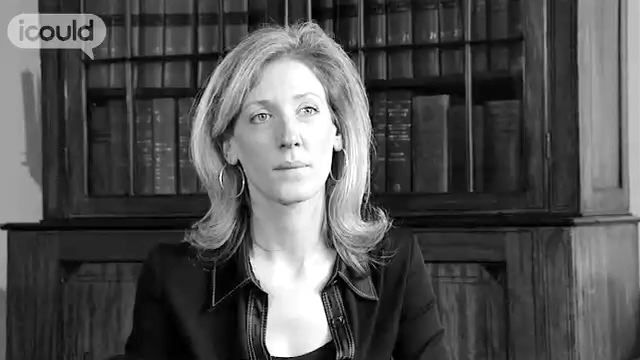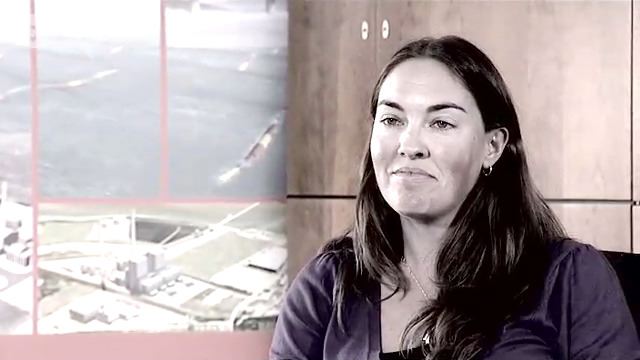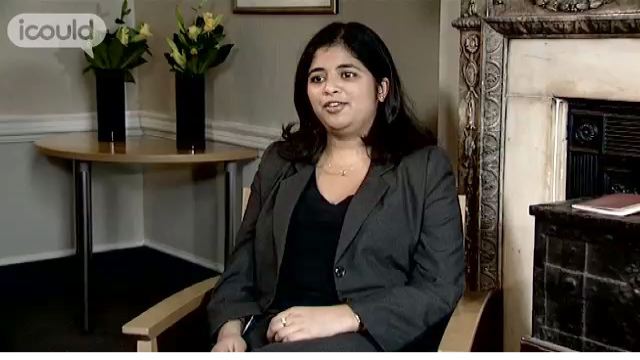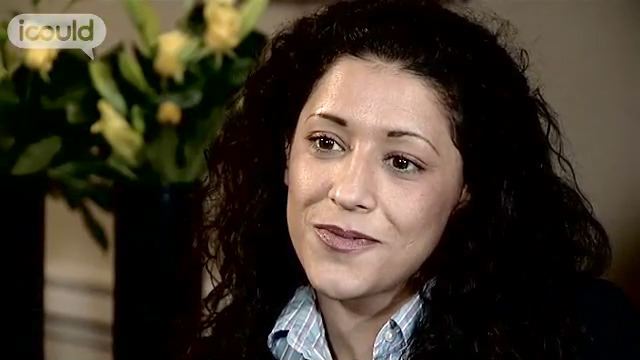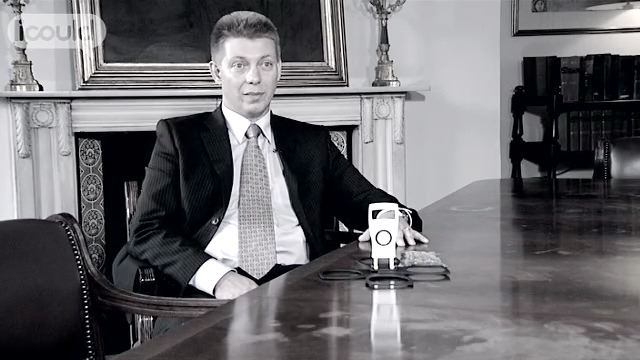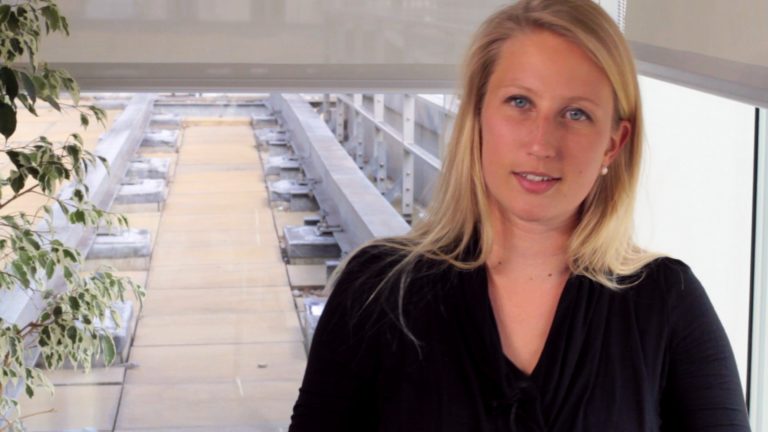Partner - Dispute Resolution
Freshfields Bruckhaus
John B
Partner – Dispute Resolution
I’m a partner at Freshfields. I’m partner in the environment products and regulatory group. I and my team represent companies and defend them where they are attacked for selling a product, whether it be a consumer or an industrial product that may have caused some harm or damage to people.
When I first arrived at Freshfield, a big city law firm in London. You know I’m from Ipswich, I’m from a comprehensive, I went to Nottingham University. I suppose if I’m honest I came with one or two preconceptions that I may not be the right sort of person to do well so I would say the barriers were my own sort of self efficacy barriers and so it took me a little while to work out that actually almost all jobs work on a meritocracy basis and if you can do the job well and you’re prepared to give it your maximum effort then probably you’ll get some measure of the rewards that you deserve.
My mum’s a nurse and my dad use to be in the air force but then he left to work for British Telecom. He’s a scientist really, rather than a physicist. They didn’t push me in one direction or another; I have no lawyers in my family, no legal background. Since I’ve become a lawyer I think occasionally my mum’s quite pleased when she goes down town and can say I’m a lawyer but ultimately I don’t think anyone cares.
My experiences at school were mixed I would say. I really enjoyed it, I liked going there, having fun with my friends, mucking about. I wasn’t the most disciplined or well behaved student in the world. I enjoyed sport that was my thing that I excelled at. Football, hockey, cricket, basically any sport with a ball in it. I was absolutely rubbish at every single creative subject. In terms of career, once Id dismissed the idea of being footballer for Ipswich, which was dismissed relatively early, I wanted to be a pilot in the air force. In fact I did leave school in the fifth year to go and be a pilot in the air force. In fact I only just passed the interview because they said to me that I was the person with the least amount of interest. Interest that they’d ever seen because literally all I had was sport and going out with my mates. I found that I was as put off by the discipline of the air force as I was by the force in the aeroplane which I have to admit I didn’t enjoy too much. So I came back the sixth form, started to behave a bit better, got a girlfriend and settled down a little bit and became slightly more disciplined. It was really only towards the end of the sixth form that I thought about law; I was looking at my A-Level subjects. I was doing English, History and Chemistry which is a mixture and I thought I could do English or American studies, History or Law that’s kind of what I was toying with. I just thought law was a subject that a bit more options open for me and I’d be lying if I said that my dad hadn’t also mentioned that maybe that was more lucrative than English or History.
I really didn’t think about being a lawyer until second year university. Even though I’d done law I just thought Law would be a really good degree to provide you with quite a broad back ground to do any number of jobs, I had somehow fixated on being a marks and Spencer’s graduate trainee for no apparent reason that I can discern now. It got to the second year of university and I started too really like my course. I think one of the interesting things about that from my point of view is that people think that they have to know what they want to do as early as possible and then drive relentlessly toward it, and actually it comes to different people at different times and your working career is a long old time and so you can take a bit of time to work out what it is you want to do.
I guess my progression through this firm and in my job has not always been totally smooth. When I first arrived back here and qualified into litigation I had just completed a secondment in Hong Kong, which I really enjoyed it was great fun, it’s a great city and it was a small office and I really enjoyed a lot of responsibility. I came back to this really large office, there’s 1000 people in this office here in London and in a way I didn’t quite commit to it and I thought to myself, well I’m probably only going to be here two or three years, I hadn’t really thought it through and I probably didn’t give off the impression of someone who was totally focused and trying and I kind drifted along for a couple of years. Then really by coincidence I got put on this case, it was a really interesting case, I sort of through myself into it and from then on it became a bit self fulfilling because from then on the more I through myself into it the more I enjoyed it, the better I tended to perform if I enjoyed it, I think that’s just natural, and then people notice that and then they give you better work which you then enjoy more and it just sort of goes on like that.
The life style and the work life balance is a particularly peculiar thing to the individual so if I’m happy with that and my life is set up in a way that the people around me are happy with that then it’s a trade off in terms of trying to make sure you have a nice time, a good interesting job and at the same time you must allow yourself to fill the other parts of your life because work of itself cannot provide all the fulfilment that you need.
John chose law at university because he though it would give him options for the future, although he didn’t automatically think that he would become a lawyer. He felt a little apprehensive moving to London to join a city law firm straight from university but hard work and dedication to his subject helped him to soon feel very confident in his work. At school he really enjoyed sports and he decided that after school he either wanted to be a footballer or a pilot. He had a taster of being a pilot and decided that it wasn’t for him.
